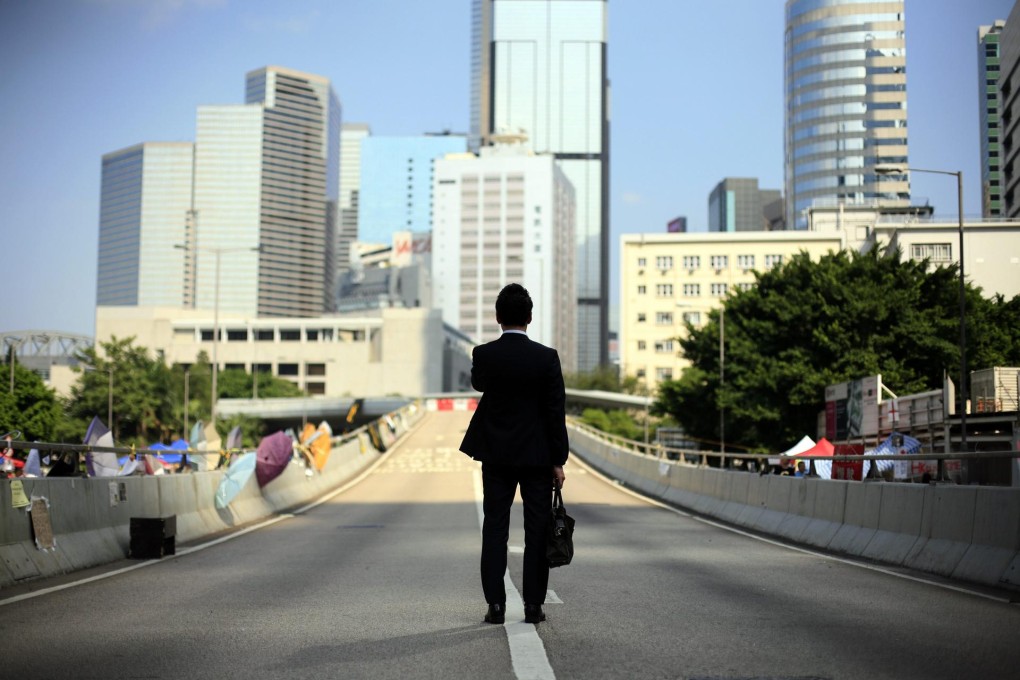The View | Occupy vs tycoons may be up next
Confronting the tycoons and their monopolies would revive and sustain Occupy, and introduce an indefinite discount into Hong Kong stocks

Until they become conscious, they will never rebel, and until after they have rebelled, they cannot become conscious." For the young people who supported Occupy, George Orwell did more than inspire Mac commercials. He understood how political movements were formed and suppressed. To Hong Kong youth, they have made and witnessed extraordinarily vivid history. And now that people have been politically awakened, investors need to understand how Hong Kong Occupy will affect them.

Although power corrupts, what is equally true, but rarely observed, is that power always reveals. As a movement achieves more power, events reveal whether or not it will become an institution or merely be remembered as a peaceful protest.
A movement only lasts as long as its cause exists. Although democracy in Hong Kong is a difficult and uncertain cause, the more immediate and achievable ones encompass quality of living issues. And at the heart of that problem are the very rich in Hong Kong, whose cartels control our properties, utilities, and groceries. By directing their energies to these more tangible issues, Occupy threatens to become the champion of the average man, woman and child.
The risk for Occupy is that when it transforms itself from a movement and into an institution, it spawns a number of people whose well-being, financially or psychologically, is dependent on the survival of the organisation, rather than its success. So it needs a tangible and immediate adversary to sustain the cause. And nothing represents economic oppression in Hong Kong like our tycoons.
Hong Kong's worst scenario is if Occupy shifts its attention and directs its protests towards the tycoons and their businesses. It would defuse the opposition levelled against Beijing and the Hong Kong governments. Confronting Hong Kong's tycoons and their monopolistic dominance of the economy would revive and sustain Occupy.
